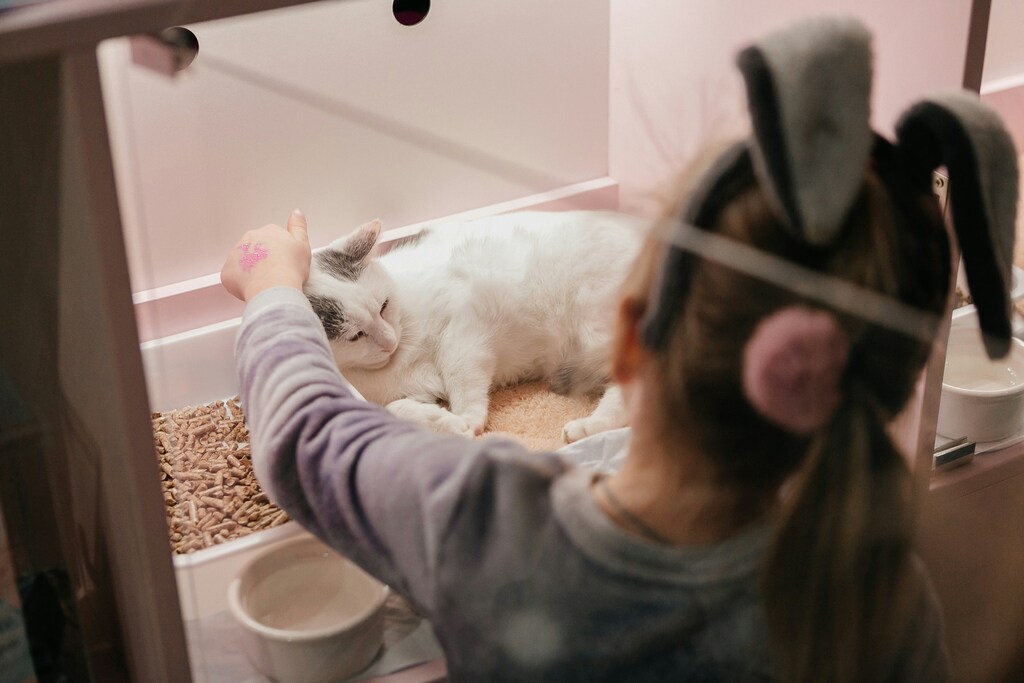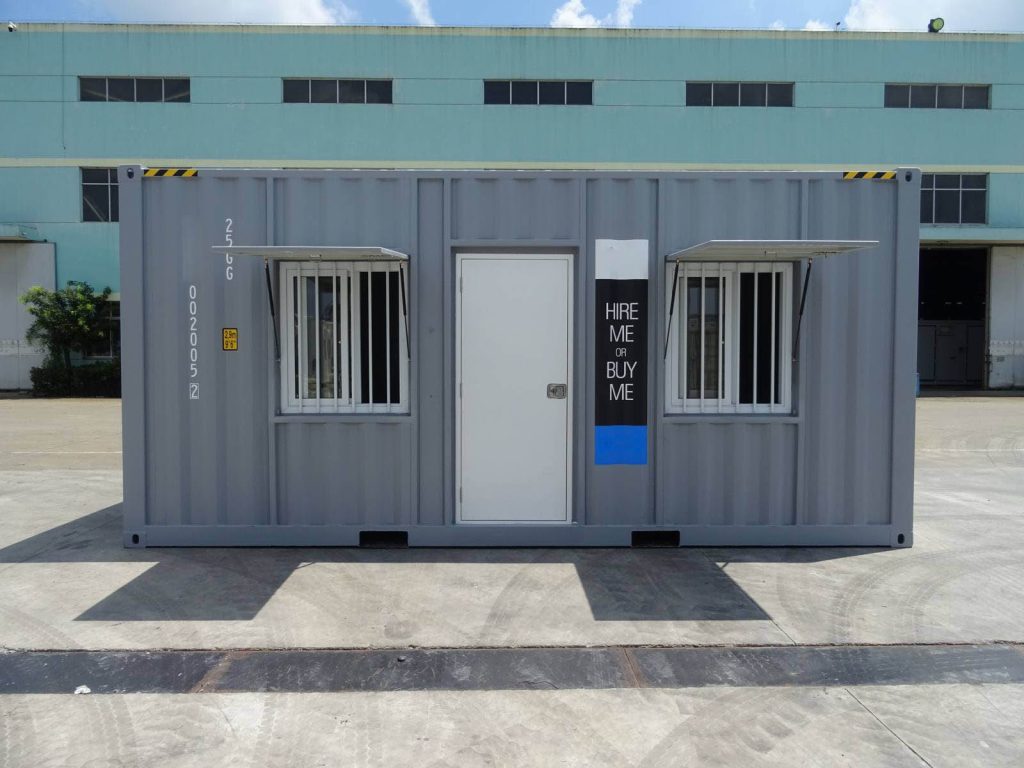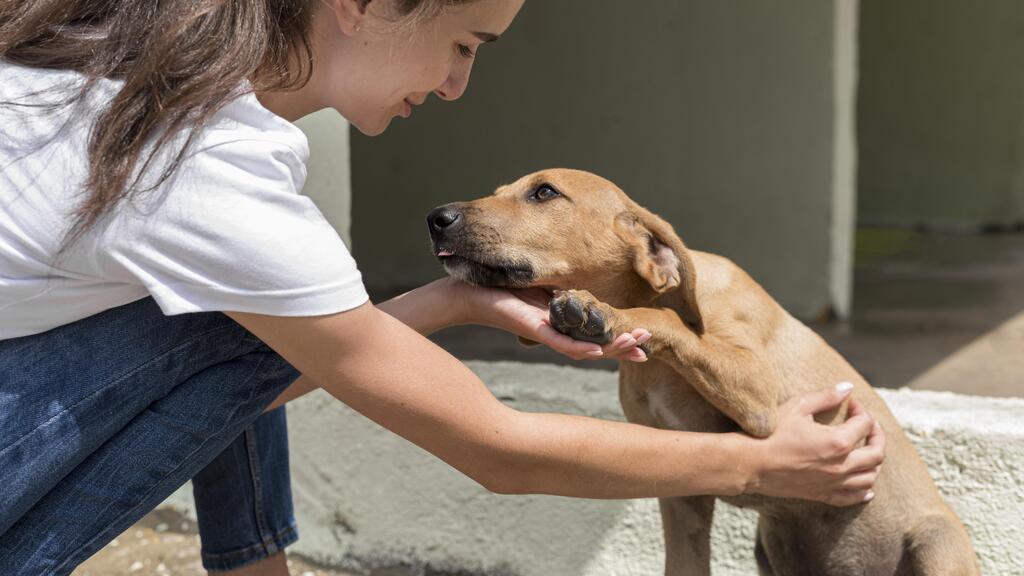Container shelters are the solution for animals that need emergency rescue. This thing is usually called a container animal shelter. It is a facility that provides temporary housing, care, and protection for abandoned, lost, or injured animals, primarily dogs and cats.
Its primary mission is to save animals’ lives, promote their health and well-being, control populations through sterilization, and find permanent homes for them through adoption programs.
Container shelters can be a very good option for livestock, rescue animals, cats/dogs, etc., especially if you plan well. Several good case practices of animal container shelters are the Mobile Animal Shelter for Disasters in Tasmania and the Rescue Shelters Container in Florida.
To know the benefits of using container shelters for animals and things to watch out for, find out in this article!
Contents
Benefits of Container Shelters for Animals

Durability & Weather Resistance
Shipping containers are built tough to bear heavy loads, resist wind, moisture, pests, etc. They offer a strong shell, making them popular for outdoor animal housing.
To make the animal container shelters resistant to rust and corrosion, you need to treat them with protective coatings. Moreover, with proper maintenance, they can last for many years, even in challenging environments.
Also, the container’s metal structure and sealed doors help prevent water ingress during rain or snow. The sturdy walls and roof shield animals from wind, rain, snow, and sun exposure.
Security
When properly secured with quality locks, fencing, and surveillance, a container animal shelter provides a high level of security for animals and staff.
Its sturdy construction makes it resistant to tampering or forced entry, making it suitable for outdoor and semi-permanent setups.
For more advanced security, ensuring the staff are trained in security protocols helps prevent breaches and ensures a prompt response to issues.
Modularity & Portability
Containers can be delivered, placed, moved, or stacked. If shelter needs change, plan for moving the container or converting it. Modular partitions inside may help for grouping or separate animals.
Cost-Effectiveness
Compared to building a full barn or permanent structure, converting a used container can be cheaper, especially for smaller shelters or temporary needs.
Their long lifespan and durability reduce the need for frequent repairs or replacements, saving money over time.
Quick Turnaround
Conex containers are manufactured off-site, so they are ready for transport and installation once purchased. Once delivered, the container can be placed on your site relatively quickly, often within days to weeks, depending on customization and site preparation.
Unlike traditional construction that involves extensive groundwork, framing, and finishing, modifying a shipping container typically requires fewer steps. It can be done quickly, especially if done by experienced teams.
Things to Watch Out For

Here are the best practices to make sure animal shelter containers are humane, safe, and effective:
Thermal Issues
Steel containers heat up very quickly in strong sun and cold rapidly in winter. Without insulation and proper ventilation, animals can suffer stress, heat exhaustion, or cold exposure.
Good insulation reduces heating cost in winter and cools in summer. For the animal shelter, you can use insulating materials on walls/ceiling/floor to moderate temperature swings.
Ventilation & Airflow
Animals produce heat, moisture, and odors. If air cannot circulate, things can get unhealthy (humidity, mold, respiratory issues).
Place windows (with wire mesh or guards), vents near the roof and near the floor, and consider cross-ventilation. Skylights or translucent panels can help provide light. Moreover, you can also add fans and side doors to improve the airflow.
Flooring & Cleanability
The floor inside the animal shelter must be safe (non-slip), easy to clean, and resistant to moisture and waste.
If you want to use steel + plywood, you may need protective coatings or upgrades. Drainage might be needed depending on the animal species.
Regulations / Permits / Zoning
Depending on every state’s municipality, there could be building/animal welfare codes, zoning, health inspections, setbacks, etc., especially for certain animals (livestock, rescue shelters).
Permits for establishing and operating a Conex (shipping container) animal shelter in the US typically involve several federal, state, and local regulations.
Consult with local animal control or humane societies for guidance. Then, contact your state’s Department of Agriculture or equivalent agency for specific requirements.
Rust, Corrosion & Maintenance
Steel exposed to moisture, animal waste, etc., can corrode. Regularly check for rust, corrosion, dents, or structural issues.
Then, address any damage promptly to maintain safety and durability. Ensure the container is properly sealed against weather elements and insulated if necessary to regulate temperature.
Shade & External Shelter
Providing ample shade and external shelter not only keeps animals comfortable and healthy but also reduces stress and the risk of heat-related illnesses. Add awnings or external overhangs so animals have an area outside to move into shade or out of rain/sun.
Avoid placing shelters in direct sunlight for extended periods, especially in peak summer months. Then, regularly inspect shade structures for stability and wear, repairing or replacing as needed.
Animal Species Needs
Size of shelter must match number and size of animals (space per animal), species behavior (e.g., animals who need to roam, climb, scratch), food/water space, and separation if needed.
Safety & Hygiene
Ensuring safety and hygiene in a Conex (shipping container) animal shelter is vital for the health and well-being of both animals and staff.
Keep electrical safe, wash-down capability, safe materials (non-toxic), protection from predators, and vermin. Door locks that animals can’t open.
Conclusion
Considering the strength and safety of shipping containers, it’s no wonder many people start using them as animal shelters. To meet that need, trust Tradecorp to supply such shipping containers to build the strongest and most effective animal shelter out there.
We provide modification and custom shipping container services by adding windows, doors, walls, and roof insulation. Our experienced staff is ready to help you arrange to ship your container to your requested location. Fill out our quote form to buy or rent from us!

